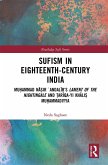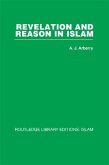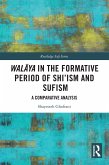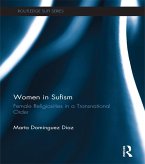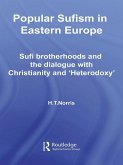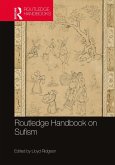The present volume elucidates ¿Andalib's Sufism calling for a return to the pristine form of Islam and the idealization of the first Muslim community. It considers his ¿ariqa-yi Khali¿ Mu¿ammadiyya as a derivation of the ¿ariqa-yi Mu¿ammadiyya, which had an important role in promoting Islam. The book attempts to clarify and systematize all of the concepts which ¿Andalib employs within the framework of the Khali¿ Mu¿ammadiyya, such as the state of the näir and the Khali¿ Mu¿ammadi. It addresses controversial topics in religion, such as the struggles between Shi¿a and Sunni Muslims, and the controversies between Shuhudis and Wujudis. It illuminates two key personalities, Abu Bakr al-¿iddiq and ¿Ali b. Abi ¿alib, and two types of relationships, the mäiyya and ¿ayniyya, with the spirituality of the Prophet.
The book will be of interest to scholars and students interested in Islamic studies, Islamic mysticism, the intellectual history of Muslims in South Asia, the history of the Mughal Empire, Persian literature, studies of manuscripts, Islamic philosophy, comparative studies of religions, social studies, anthropology, and debates concerning the eighteenth century, such as the transition from pre-colonialism to colonialism and the origins of modernity in Islam.
Dieser Download kann aus rechtlichen Gründen nur mit Rechnungsadresse in A, B, BG, CY, CZ, D, DK, EW, E, FIN, F, GR, HR, H, IRL, I, LT, L, LR, M, NL, PL, P, R, S, SLO, SK ausgeliefert werden.
Francis Robinson, Royal Holloway, University of London, UK
'This is the first major academic work on the Nala-yi 'Andalib, a fascinating yet understudied Sufi text from eighteenth-century India. Through her impressive research in the manuscripts and acute analysis of the text, Dr Saghaee has made an important contribution to the study of Persianate Sufism and modern Islamic intellectual history more generally.'
Fitzroy Morrissey, University of Oxford, UK



